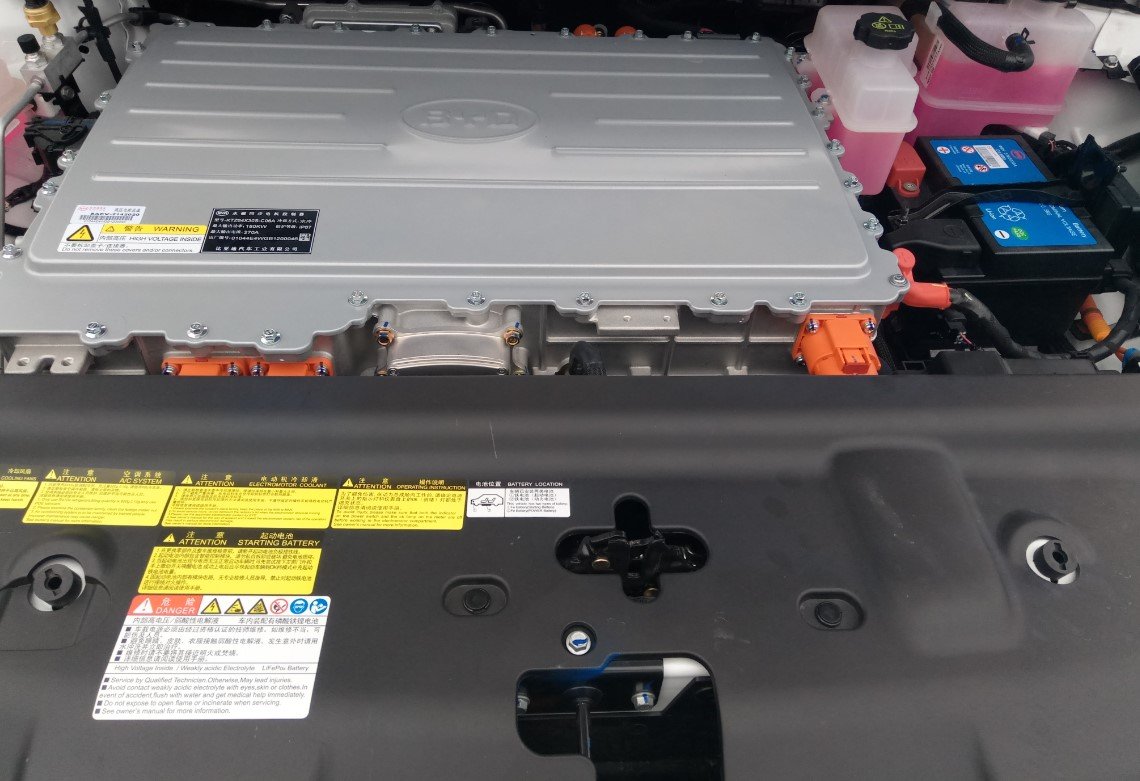General Motors and LG Chem have agreed to a massive deal for the supply of cathode materials for electric vehicle batteries. The deal, worth nearly $19 billion, is one of the largest of its kind in the industry and will support GM’s ambitious plans to become a leader in the electric vehicle market.
What is the deal about?
The deal, announced on Wednesday, is a long-term contract between GM and LG Chem, a South Korean chemical company and a major supplier of battery materials. According to the contract, LG Chem will supply GM with more than 500,000 tons of cathode materials from 2026 to 2035. Cathode materials are a key component of lithium-ion batteries, which power electric vehicles. The materials determine the battery’s capacity, performance, and durability.
The deal is worth at least 24.75 trillion won ($18.65 billion), making it one of the largest cathode material supply contracts in the world. The deal is also a direct contract between GM and LG Chem, meaning that LG Chem’s cathode materials may be used by GM for other electric vehicle projects, not just for the joint venture between the two companies.
Why is the deal important?
The deal is important for both GM and LG Chem, as it reflects their commitment and vision for the electric vehicle industry. For GM, the deal is part of its global strategy to accelerate its electrification efforts and meet the growing demand for zero-emission vehicles. The company plans to sell 3.5 million electric vehicles worldwide by 2030, and has committed to invest $17 billion in its US manufacturing operations to support this goal. The deal will also help GM to achieve its environmental targets, such as reducing its carbon footprint and increasing its use of renewable energy.

For LG Chem, the deal is a major boost for its battery material business, which is one of its core growth areas. The company is a global leader in the battery material market, with a 25% market share. The company aims to increase its sales of battery materials to 30 trillion won ($22.6 billion) by 2025, and to 50 trillion won ($37.7 billion) by 2030. The deal will also strengthen LG Chem’s presence and competitiveness in the North American market, where it faces fierce competition from other battery material suppliers.
How will the deal be implemented?
The deal will be implemented through LG Chem’s new plant in Tennessee, which is currently under construction. The plant, which broke ground in December 2023, will be the largest cathode material plant in the US, with an annual capacity of 60,000 tons. The plant will produce nickel, cobalt, manganese, and aluminum (NCMA) cathode materials, which are suitable for high-performance and long-range electric vehicles. The plant will start production in 2026, and will supply GM with the cathode materials for its electric vehicles.
The cathode materials supplied by LG Chem will be mainly used by Ultium Cells LLC, a joint venture between GM and LG Energy Solution, a subsidiary of LG Chem. Ultium Cells LLC is a battery cell manufacturing company that produces Ultium batteries, which are GM’s proprietary battery technology. Ultium batteries are designed to be flexible, scalable, and cost-effective, and can power a range of electric vehicles, from sedans to trucks. Ultium Cells LLC has two plants in the US, one in Ohio and one in Tennessee, with a combined annual capacity of 70 gigawatt-hours.
What are the reactions and implications of the deal?
The deal was welcomed and praised by the state and local officials, as well as the industry experts and analysts. The deal was seen as a testament to the long-term partnership and cooperation between GM and LG Chem, as well as their contribution to the US economy and society. The deal was also seen as a positive sign for the electric vehicle industry, as it shows the growing demand and supply of electric vehicles and batteries in the US and the world.
The deal is expected to have a positive impact and benefits for the local economy, the environment, and the consumers. The deal will create 1,400 new jobs at LG Chem’s Tennessee plant, as well as support the existing workforce and the supplier network. The deal will also boost the local tax revenue and the community development initiatives. The deal will also reduce the greenhouse gas emissions and the energy consumption of the plant, as well as increase the use of renewable energy sources. The deal will also offer the consumers a new and attractive option for an electric vehicle, which will be affordable, reliable, and high-quality.
